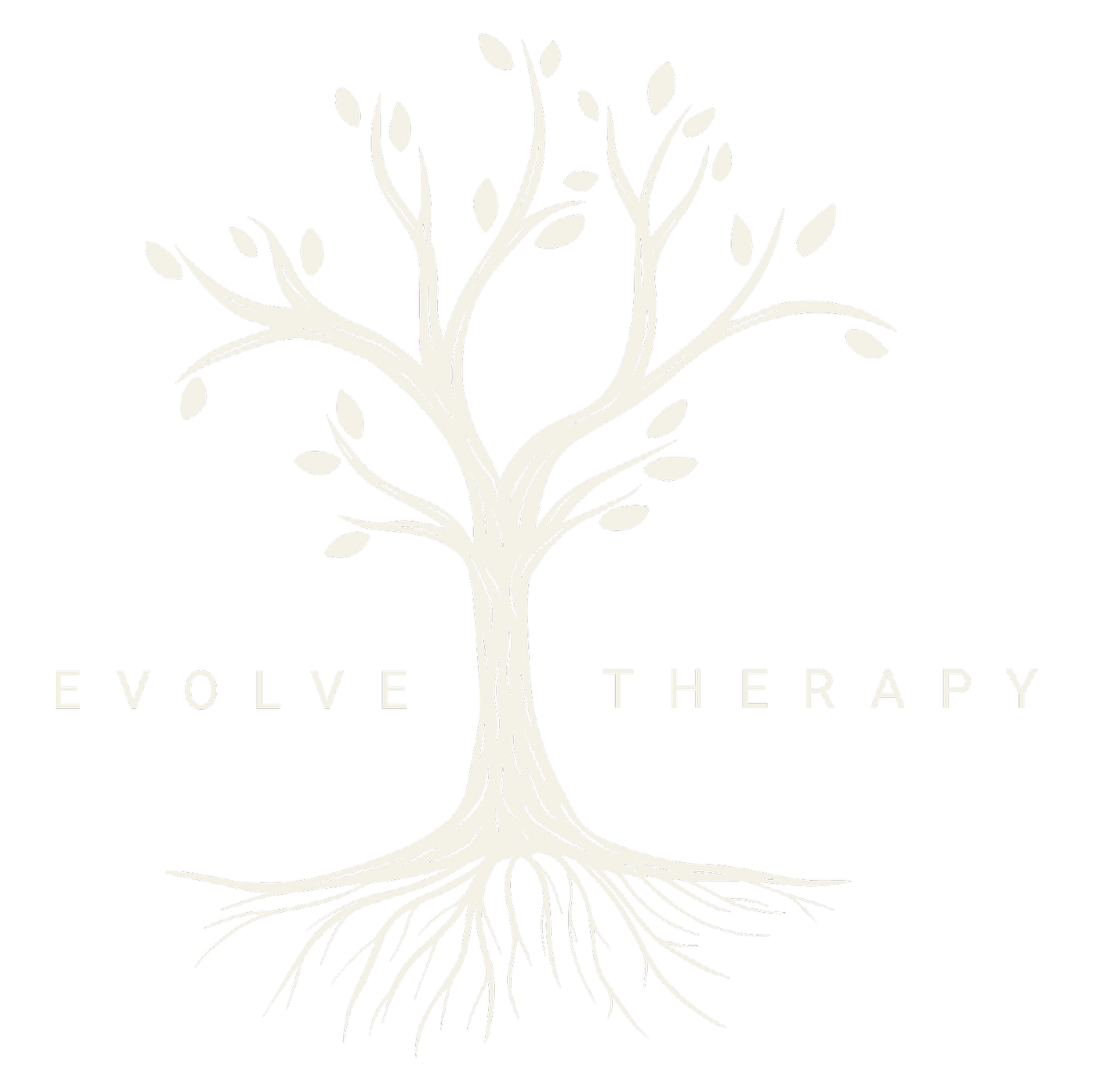New Trauma Therapy: What Is Deep Brain Reorienting (DBR) and How It Works
Deep Brain Reorienting (DBR) is an innovative and emerging trauma therapy designed to address and resolve the deep-seated neurological responses that arise during traumatic experiences, particularly those related to attachment wounds and early developmental trauma. Unlike traditional talk therapies that focus on cognitive and emotional processing, DBR targets the brainstem and other subcortical structures—areas of the brain responsible for our most primal survival responses. This method aims to transform how the brain and body react to trauma, facilitating healing at a foundational level.
Deep Brain Reorienting (DBR) vs. EMDR, Somatic Experiencing, and IFS: A Breakthrough Trauma Therapy
Deep Brain Reorienting (DBR) is a cutting-edge trauma therapy designed to address and resolve the deep-seated neurological responses that arise during traumatic experiences, particularly those related to attachment wounding. Unlike some traditional therapeutic approaches that focus primarily on cognitive and emotional aspects of trauma, DBR directly targets the brainstem and other subcortical structures involved in the body's instinctual survival mechanisms.
The Benefits of Psychotherapy and Mental Wellness
Life moves fast. Between work, family, and constant to-do lists, it’s easy for mental health to take a back seat. But the truth is, your mental wellness shapes everything… how you show up in relationships, your ability to manage stress, even how you feel about yourself day to day. Psychotherapy is one of the most effective ways to support your mental health. Whether you’re healing from past trauma, navigating anxiety, or simply wanting to feel more balanced, therapy can help you create lasting change.
Trauma Recovery with Integrative Care: Healing from Within
Trauma can disrupt the delicate balance of our mental and emotional processes, leaving us feeling overwhelmed, disconnected, and unable to cope with the demands of everyday life. The effects of trauma can be debilitating, making it difficult to maintain healthy relationships, pursue personal goals, and find joy in the things we once loved. It's a journey of self-discovery and healing that requires compassion, patience, and a holistic approach to well-being.
Integrative Approaches to Chronic Pain Management: A Holistic Perspective
Chronic pain is a debilitating condition that affects millions of individuals worldwide. Unlike acute pain, which is a natural response to injury or illness, chronic pain persists long after the initial cause has been resolved. This persistent discomfort can significantly impact your quality of life, leading to physical limitations, emotional distress, and a diminished sense of well-being. By recognizing the interconnectedness of the mind, body, and spirit, these approaches aim to empower you to actively participate in your healing journey, fostering self-awareness, resilience, and long-term coping strategies.
From Anxiety to Empowerment: Personal Growth Journey Through Individual Therapy
Anxiety is a common mental health condition that affects millions of people worldwide. It can be caused by a variety of factors, including genetics, brain chemistry, and environmental stressors. Some individuals may be more predisposed to anxiety due to their genetic makeup, while others may develop it as a result of traumatic experiences or high levels of stress.
Yoga in the Therapy Room
At this stage of our evolution, the benefits of yoga are widely acknowledged and embraced across various disciplines. Engaging in the practice of yoga yields numerous physiological, psychological, and physical advantages. The interplay between breath and movement in yoga is truly captivating. Understanding its significance in the context of trauma necessitates comprehension of the nervous system's function and the role of breath in its regulation.








